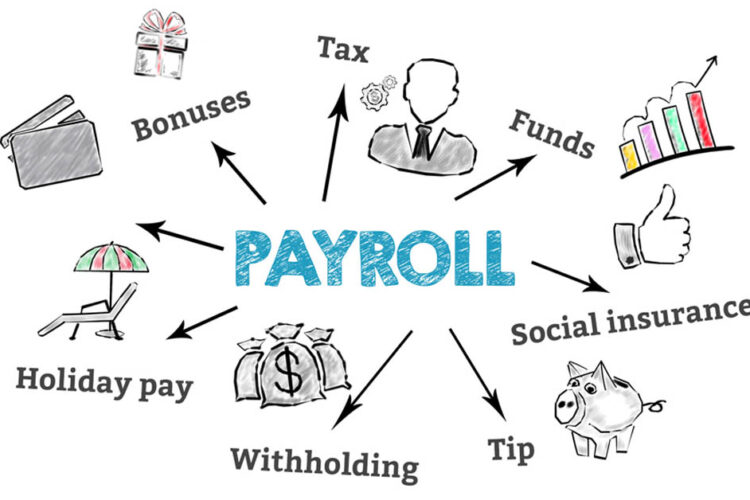Navigating the intricacies of payroll and tax compliance is a critical responsibility for employers. Missteps can lead to hefty penalties, legal issues, and damage to your business’s reputation. Beyond the basics of timely wage payments and accurate tax withholdings, there are lesser-discussed yet vital aspects of payroll and tax compliance that employers must be aware of. This blog post delves into these areas, providing employers with a comprehensive understanding of their obligations.
Understanding the scope of employment taxes
The underdiscussed aspect: employment taxes extend beyond just income tax withholdings and fica (social security and medicare) contributions. Employers are also responsible for paying federal unemployment tax act (futa) taxes, state unemployment tax act (suta) taxes, and in some cases, additional state-specific taxes like disability insurance. The intricacies of these taxes, including their rates, thresholds, and filing requirements, are often overlooked in discussions about payroll compliance.
Navigating child support issues can be stressful and emotionally charged but experienced child support lawyers in Illinois are here to help. Whether you’re establishing support, modifying an existing order, or dealing with unpaid obligations, a skilled attorney will guide you through the legal process and fight for a fair outcome. With a deep understanding of Illinois family law, these professionals work to protect your child’s best interests while advocating for your financial rights.
What employers need to know: regularly review the irs guidelines and your state’s department of labor website for updates on tax rates and unemployment insurance requirements. Ensure your payroll system or service provider accurately calculates these taxes based on the latest regulations.
Classifying workers correctly
The overlooked challenge: misclassifying employees as independent contractors or vice versa can lead to significant compliance issues, including back taxes, penalties, and interest. The irs uses a set of criteria focusing on behavioral control, financial control, and the relationship between the parties to determine worker classification.
What employers need to know: conduct regular audits of your workforce classifications, using the irs guidelines or consulting with a tax professional to ensure accuracy. Misclassification not only affects tax obligations but also impacts eligibility for benefits and protections under labor laws.
Staying updated on state and local tax laws
The underdiscussed requirement: with the increasing prevalence of remote work, employers must be vigilant about state and local tax laws that apply to their employees, not just the business location. This includes reciprocal agreements between states that impact state income tax withholdings for employees who live in one state and work in another.
What employers need to know: develop a process for determining the applicable state and local taxes for each employee, especially those working remotely. This may involve using sophisticated payroll software that can handle multi-state tax calculations or consulting with tax professionals familiar with interstate tax issues.
Handling garnishments and levies
The overlooked responsibility: employers may be required to withhold a portion of an employee’s wages for garnishments or levies due to unpaid debts, child support, or taxes. Managing these withholdings correctly is a legal obligation, with specific rules on the amount that can be garnished and the priority of various types of garnishments.
What employers need to know: establish a clear process for responding to garnishment orders, ensuring compliance with the withholding limits and prioritization rules. Mismanagement of garnishments can result in liability for the amounts not properly withheld.
Record-keeping and reporting requirements
The underdiscussed importance: accurate and timely record-keeping and reporting are cornerstone requirements for payroll and tax compliance. This includes maintaining detailed payroll records for each employee and submitting various payroll-related reports to federal, state, and local agencies.
What employers need to know: familiarize yourself with the record-keeping requirements under the flsa and the reporting obligations for employment taxes. Implement a document retention policy that ensures payroll records are securely stored for the required duration, typically at least three years.
Conclusion
Payroll and tax compliance encompass a wide range of obligations that extend beyond the surface-level tasks of calculating wages and withholding taxes. By understanding the full scope of employment taxes, correctly classifying workers, staying updated on state and local tax laws, properly handling garnishments, and adhering to record-keeping and reporting requirements, employers can navigate the complexities of payroll compliance. Investing in knowledgeable resources, whether through advanced payroll software or consulting with tax professionals, is crucial for maintaining compliance and safeguarding your business against potential penalties and legal issues.

